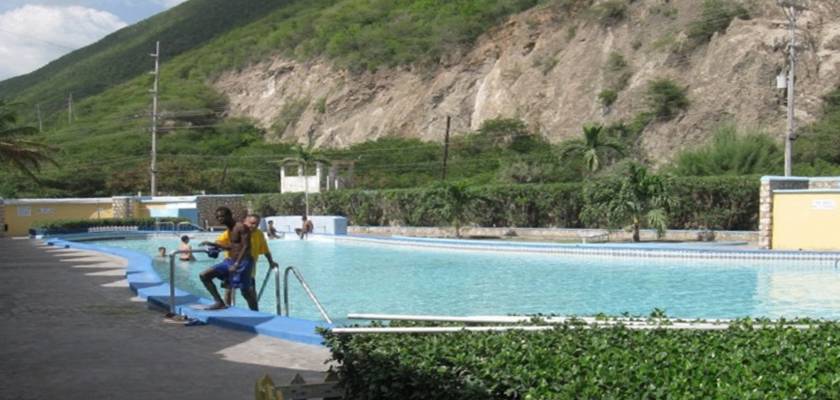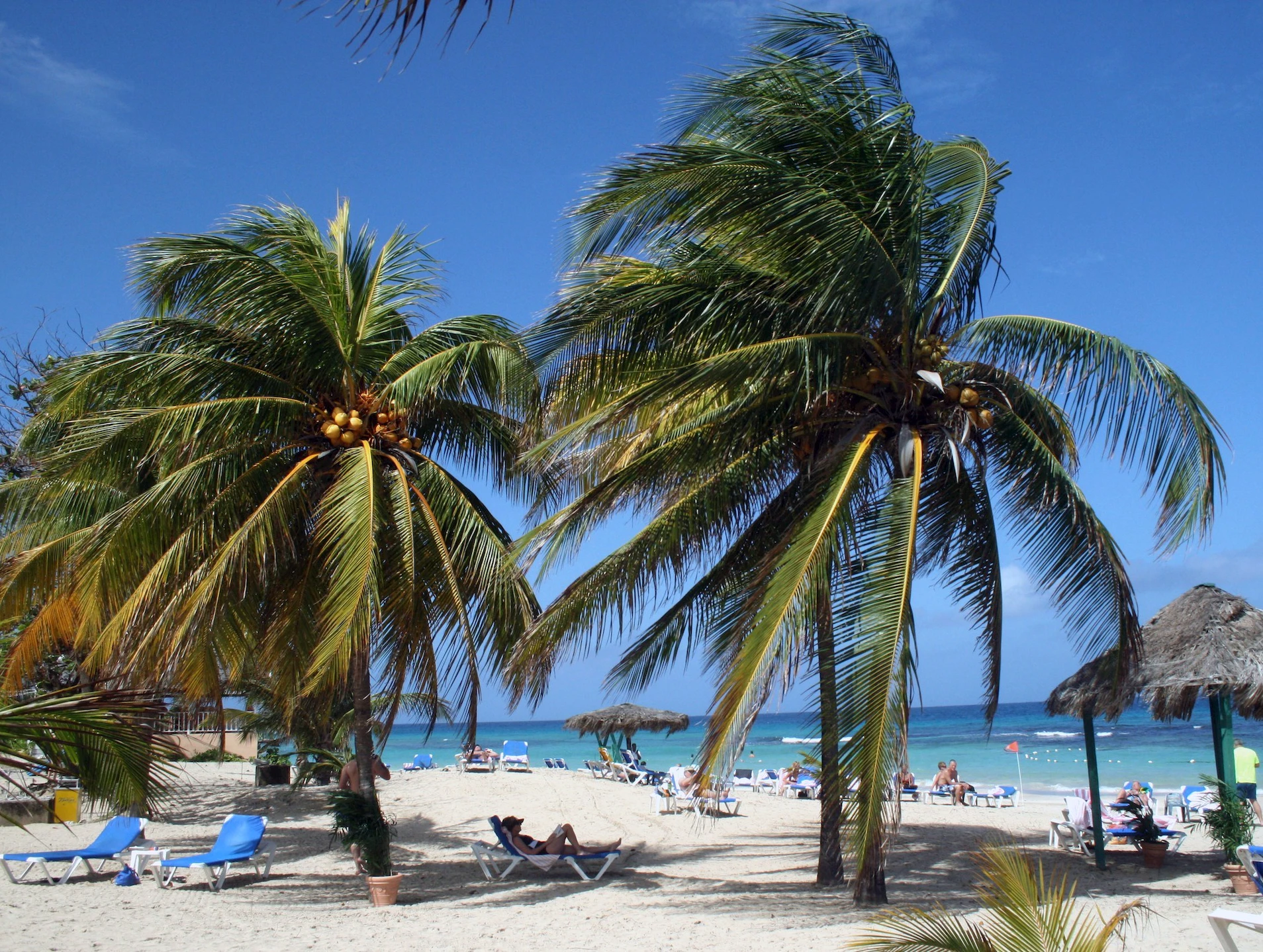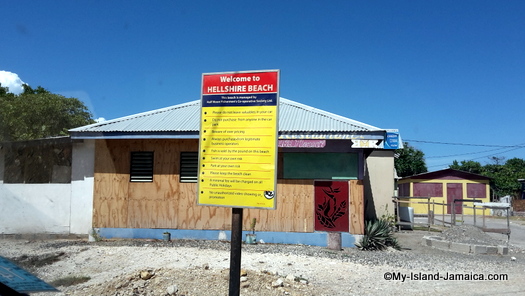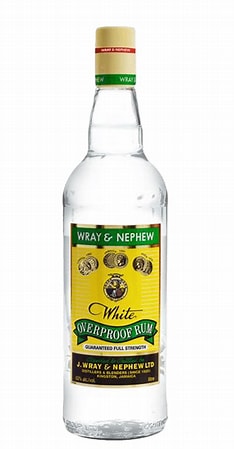On my recent trip to Jamaica from New York, I was surprised by how much—or perhaps how much more—of the island has been sold to foreign interests since my last visit several years ago. Outsourcing is a global issue, but on a small island, the loss of companies once proudly affiliated with Jamaica raises questions about the island’s political and economic culture and long-term viability.
One of my tasks this most recent trip was to process my late mother’s life insurance documents. I found out that her yellowed Jamaica Life policy was now owned by Sagicor, which is headquartered in Barbados. (After years of neglect so common among migrants, it was worth pennies, but that is another story.)
When I was planning my visit I asked my Kingston-based cousin to schedule a visit to Rockfort Mineral Bath so that I could soak my tired, achy bones. When I landed in Kingston, I learned that the bath had not reopened after the pandemic. Cemex, a Mexico-based cement company now manages the land on which Rockfort, a national treasure, sits. A few months ago, a deal was inked for Cemex to output 30 percent more cement, but it is unclear whether the maintenance of Rockfort is part of that deal. As of yesterday, the phone at Rockfort rang unanswered with no voicemail feature.

On this last visit to Jamaica, I noticed that several hideous apartment buildings had sprung up in Kingston. Some of them have replaced single-family houses, which have been bulldozed out of history. I wonder who will live in these apartment buildings. I wonder what impact the traffic that they generate will have on communities once established for single-family homes. None of the dwellings I saw seemed to incorporate the aesthetics of the local environment; the designs are clumsy. A friend told me that Jamaican architects are seldom employed for such projects. The talent, too, like so much else, is imported.
***
When I tell Jamaican friends and family that back in New York I make a weekly breakfast of ackee—with sausage and onions, they laugh uproariously. Ackee and saltfish, the heralded Jamaican national dish, is made with a fish that was brought to the island from Europe in the 1600s and continues to be imported.
Ackee, I just learned, was brought from Ghana to Jamaica by enslaved people and planted (this is more palatable than European fish). But the national is dish made with ingredients that are originally from elsewhere. Symbolism here?
From what I understand, the current Jamaican leadership is enamored with the American Republican party, one that under the reign of Donald Trump, who Harry Belafonte aptly described as a “flimflam” man, is vicious, vulgar, violent, venal, racist, anti-patriotic and plain dumb.
Many Republican politicians sell their souls for power and money, supporting fascism and attempting to destroy the country’s ever-fragile democracy in the process. I, now in my sixtieth year, wonder how creatures like this could possibly be models for Jamaica, now also in her sixtieth year. Isn’t age supposed to be mellowing?

Hellshire Beach, which I have visited since my teenage years, has suffered from devastating erosion. But if the Jamaican government is patterning itself on the American Republicans, I guess it must also embrace the idea that global warming is a conspiracy theory, and therefore the coastline need not be protected or reinforced.
Hellshire is no longer welcoming to the public; many of those who sold fish, lobster and festival to beachgoers have scattered to other locations, I imagine.
While I was raised overseas my friends and family members came of age in the 1970s and 1980s when many Jamaicans proudly referred to themselves as Black nationalists. As patriots they worked hard and invested in their island. There seemed to be no limit to the attainment of their dreams; their optimism was palpable.
But on this visit to Jamaica, a sense of despair, disappointment and even defeat hung in the air as my family members and friends relayed their everyday struggles on the island. Political incoherence, selfishness, greed, violence and lethargy have robbed them of the full promise of Jamaica.
And so, this child of independence will be a forever foreigner in a forever foreign land. In the United States I now fear for my life at the hands of white Supremacists who have been told by right-wing Republicans that people like me—a Black woman with immigrant parents—have taken their jobs and are responsible for all their ills. It is a tense and dangerous time in the country I can barely call home. This election season hundreds of seditionists with unabashed ties to white supremacy groups are on the ballot for congressional and even gubernatorial positions, including frighteningly, here in New York.
Before I left Jamaica, I was sure to buy overproof rum produced by Wray and Nephew, a company now owned by Italians. I need this rum to douse my aching head. My heart, no longer in need of tending, broke in the early 1980s when my mother, an elementary school teacher, and my father, an agricultural economist, decided not to return home to become part of the solutions for this beautiful-ugly island. I became a permanent nomad who has lived in Canada, Liberia, eSwatini, Malawi and now the United States. Citizen of the world, belonging to no one country.
I told a Black American acquaintance of mine as we parted company in the Bronx one evening, in my own twisted version of Claude McKay’s famous poem, “If we must die, let it be quick.” But the truth is I don’t want to die. I want to live.
I want to live in a coherent, peaceful and progressive home. A home with rolling green hills, blue-green ocean and sky, flora in riotous primary colors and juicy, lick-your-finger fruits. A home with people made in my own image. A home guided by principles and integrity, dedicated to lifting everyone up regardless of economics and social status. A home that does not exist for me right now.



You must be logged in to post a comment.